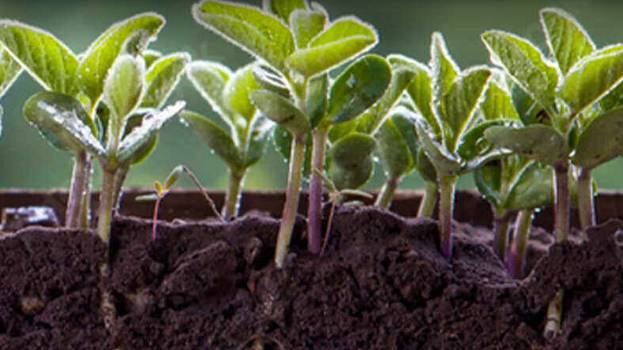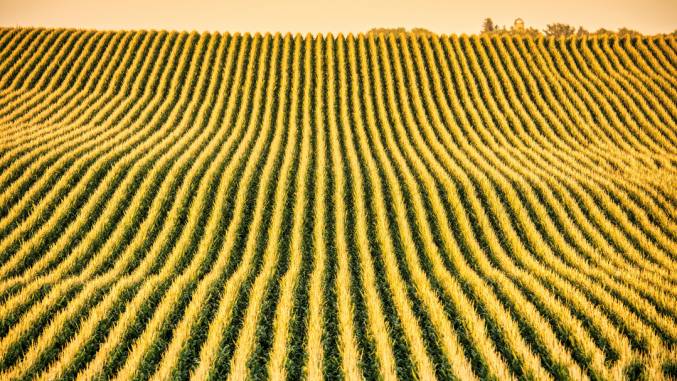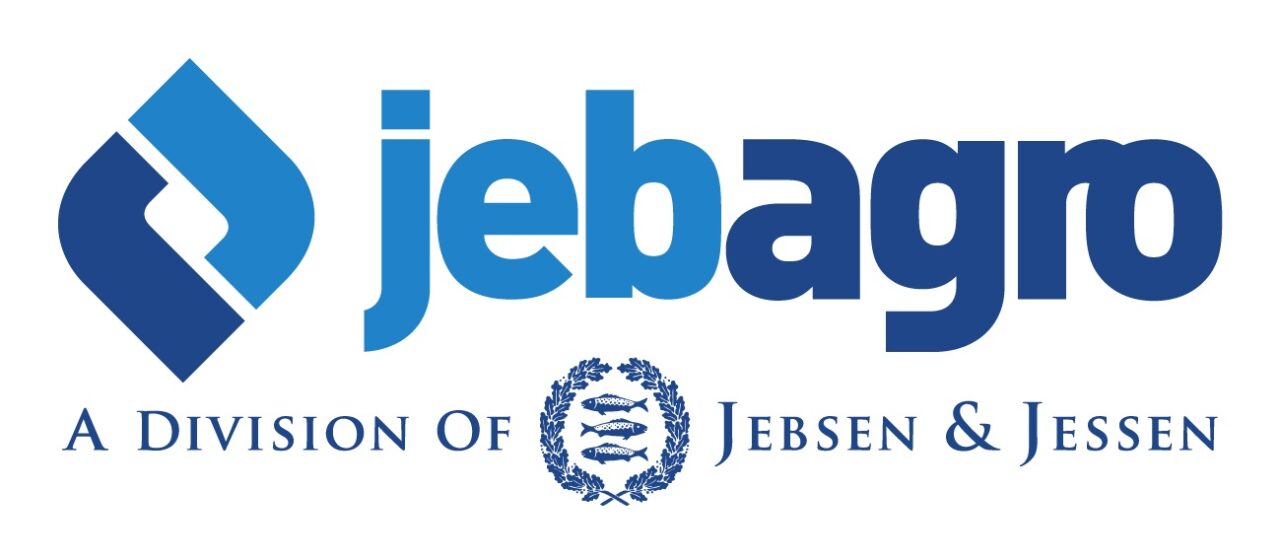MustGrow and Janssen Expand Evaluation Partnership to Include Postharvest Potatoes and Bananas Globally
MustGrow Biologics Corp. and Janssen PMP, a division of Janssen Pharmaceutica NV, one of the Janssen Pharmaceutical Companies of Johnson & Johnson, have announced a significant expansion to their existing Exclusive Evaluation and Option Agreement to test and develop MustGrow’s biological mustard plant-based technologies for certain postharvest food preservation storage applications globally. The Agreement will now also include postharvest potatoes and bananas globally.
Under the Agreement, the initial evaluation work excluded postharvest potatoes and bananas. However, with 15 months of postharvest evaluation work completed utilizing MustGrow’s technology, Janssen PMP and MustGrow have produced very encouraging and efficacious results, supporting the decision to add postharvest potatoes and bananas to Janssen PMP’s exclusive evaluation work.
“The postharvest banana market is one of our historical markets where the need for natural fungicides is growing. Also, developing a natural technology acting as an anti-sprouting and as a fungicide for stored potatoes is a major opportunity for Janssen PMP and for the industry,” says Geoffroy de Chabot-Tramecourt, Director R&D and Business Development at Janssen PMP.
“Food storage and preservation continues to be a critical global issue. Our current partnership with Janssen PMP on the postharvest food preservation side has produced positive results with our natural technology that continues to open up new market areas and opportunities,” adds MustGrow COO Colin Bletsky. “Janssen PMP brings more than 50 years of relevant postharvest development and market experience, and it is expected that adding these two key storage applications will help accelerate the commercialization pathway by levering the knowledge generated from testing other fruits and vegetables as well.”
Janssen PMP is a world leader in postharvest product development and has proven aptitude in pace of work, knowledge, and market scope. This additional postharvest market area to Janssen PMP is expected to accelerate MustGrow’s development timeline, levering the current project work and technical/marketing expertise of Janssen PMP’s postharvest professionals.
Janssen PMP will continue to fund and drive all application testing and development work.
Postharvest Protection for Global Food Security
Potatoes, the world’s fourth most important food crop in terms of human consumption after maize, wheat and rice, is a US$4 billion industry in the US, with as much as 33% of yield lost per year due to postharvest issues – approximately US$1.3 billion in lost revenue. The Food and Agriculture Organization (FAO) has strongly endorsed potatoes as a food security crop. Potatoes require up to nine months of storage and become waste without proper sprout suppression management, making postharvest sprout suppression a key element of potato storage.
The environment within storage and during particular stages of storage are most conducive to the spread of diseases. Controlling diseases in storage is difficult since the majority of chemical treatments have been either banned or are ineffective. For example, the leading agrochemical product for sprout suppression, CIPC, was banned by the European Union on Oct. 8, 2020. For over 60 years, CIPC had long been the major global sprout suppressant, widely applied to stored potatoes. With this ban in effect, potato growers must now refrigerate produce, with the additional capital expenditure and refrigeration energy consumption making this temporary approach unsustainable. Although the ban was anticipated, no effective treatment alternatives have emerged – creating a major problem for existing potato storage sites.
Fruit and vegetable crops play a critical role in global food nutrition. More than one-third of produce (worth approximately US$1 trillion in value) is lost or wasted in postharvest operations, which includes loss attributed to fungal and bacterial diseases. Fresh vegetables are highly perishable living tissues that are particularly susceptible. Postharvest fungal and bacterial diseases can cause annual vegetable crop losses of 40–60%. Reducing postharvest losses could increase food availability, reducing pressure on the mounting food supply shortage and global inflationary pressures with respect to food prices. In addition, food production could be more environmentally sustainable with less waste.






